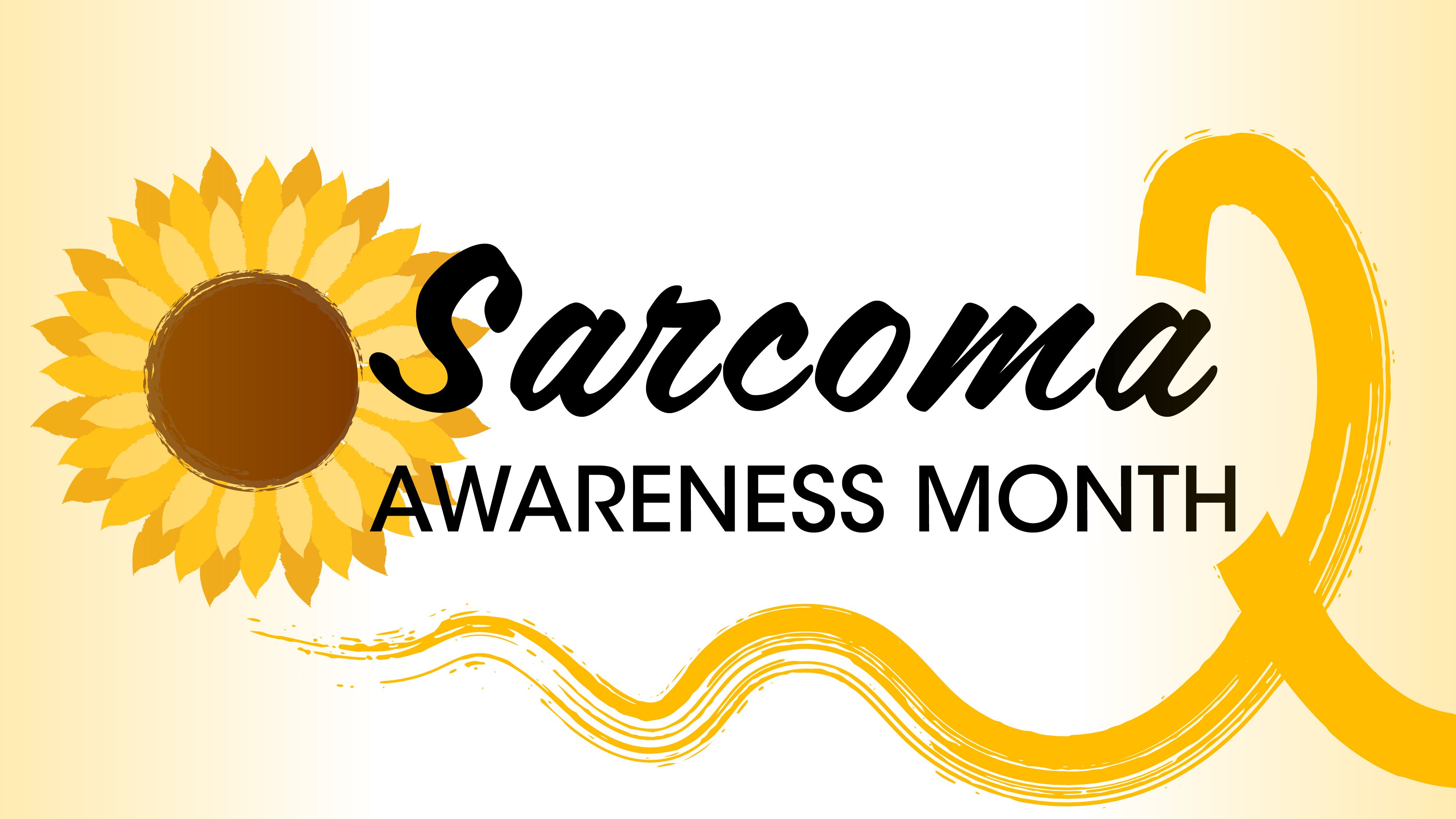
Expert Highlights ‘Exciting’ Ongoing Trials in Different Sarcoma Subtypes

Current research in the sarcoma space includes the development of treatment options such as T-cell therapies, and combinations such as TKIs/immunotherapy, according to Brian Van Tine, MD, PhD.
In an interview with CancerNetwork® during
According to Van Tine, a professor of medicine in the Division of Oncology, Section of Medical Oncology at Washington University School of Medicine’s Siteman Cancer Center, clinical trials of interest in the sarcoma space include a phase 3 registrational study (NCT05269355) evaluating unesbulin in combination with dacarbazine in patients with leiomyosarcoma, as well as a phase 1 trial (NCT03132922) assessing an autologous T-cell therapy for patients with solid tumors, including those with synovial sarcoma.1,2
Transcript:
There are so many amazing clinical trials going on that we could probably talk for the next 3 hours. If we're talking about the largest trials that are going on right now, the first would be the unesbulin with dacarbazine trial [NCT05269355], which is a registration phase 3 trial that's going on in leiomyosarcoma. There is an almost ready for FDA approval phase 1 trial [NCT03132922] looking at a T-cell therapy that has been developed for synovial sarcoma that would be the first T-cell therapy within our space; I'm quite excited about that. There is a trial looking in the uterine leiomyosarcoma space with both PARP inhibitors with temozolomide [Temodar] or dacarbazine against standard of care, which is a different registration trial. There is about to be an open trial that is really geared in my research [looking at] arginine deiminase, which is a metabolic therapy, with gemcitabine and docetaxel; [it is] opening up around the world as a registration trial.
And then you get into all the phase 2 trials where we're looking for activity. There are really new trials looking at different agents that are targeted to the mechanisms of different sarcomas. There are some different immunotherapies being developed, [and] there is talk that we're going to expand [on] the tyrosine kinase inhibitors with immunotherapy that was just reported at the American Society of Clinical Oncology [ASCO] Annual Meeting in different ways, or with chemotherapy in different ways. On top of that, you have early trials where there are signals now evolving that will move on to later stage trials with other small molecules against different targets that I can't speak to yet, but I can't wait until when we actually can. This is a very active space where there are a lot of new agents and a lot of new things going on. And this is a space that's not dormant or being ignored. There is a lot going on.
References
- Ingham M, Blay JY, Baird J, et al. A phase II/III study evaluating the efficacy and safety of unesbulin in advanced leiomyosarcoma (SUNRISELMS). Ann Oncol. 2022;33(7):S1243-S1244. doi:10.1016/j.annonc.2022.07.1917
- Hong DS, Van Tine BA, Biswas S, et al. Autologous T cell therapy for MAGE-A4+ solid cancers in HLA-A*02+ patients: a phase 1 trial. Nat Med. 2023;29:104-114. doi:10.1038/s41591-022-02128-z
Newsletter
Stay up to date on recent advances in the multidisciplinary approach to cancer.





































